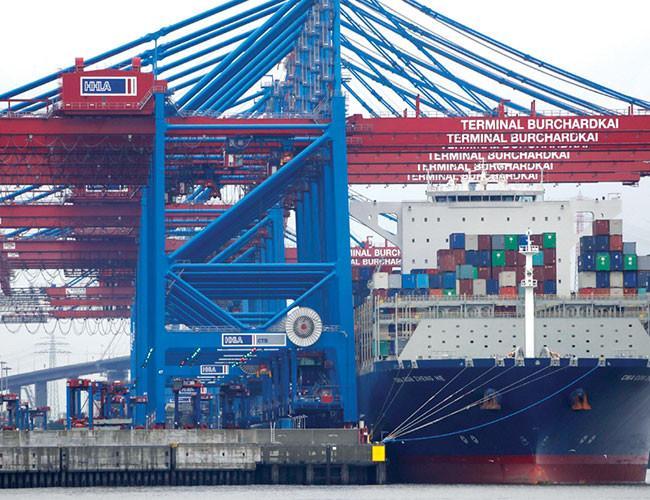
The mood among German investors remained unchanged at its lowest level in five and a half years in May, a survey showed yesterday, reflecting persisting concerns that Europe’s biggest economy could be hit be a trade dispute with the United States.
The ZEW research institute said its monthly survey showed a reading for economic sentiment among investors remained unchanged at -8.2 , the lowest since November 2012. This was in line with the Reuters consensus forecast.
A separate gauge measuring investors’ assessment of the economy’s current conditions edged down to 87.4 from 87.9 last month. The Reuters consensus forecast was for a reading of 86.2.
“The U.S. decision to back out of the nuclear treaty with Iran and fears of a further escalation of the international trade conflict with the U.S., as well as a further rise in crude oil prices, have had an overall negative impact on economic expectations in Germany”, ZEW researcher Achim Wambach said, as quoted by Reuters.
Separate data showed yesterday that the German economy grew slower than analysts had forecast in the first three months of 2018 in a result likely to stoke fears of a eurozone slowdown.
Europe’s powerhouse expanded by 0.3 percent quarter-on-quarter between January and March, adjusting for price, seasonal and calendar effects, federal statistics authority Destatis said, as reported by AFP.
That was half the pace seen in the previous three months, and analysts surveyed by data company Factset had predicted growth of 0.4 percent.
Destatis highlighted “positive impulses” from the domestic economy, as firms increased investments in buildings and equipment and households slightly increased consumer spending.
But government outlays fell slightly for the first time in almost five years, slowing growth, while both imports and exports fell back over the quarter compared with October to December.
After an unexpectedly strong year for the 19-nation single currency area in 2017, Germany’s weaker first-quarter growth follows a run of economic data suggesting a slowdown could be on the way for the eurozone.
Meanwhile, fears linger that the European Union could be headed for a trade showdown with U.S. President Donald Trump.